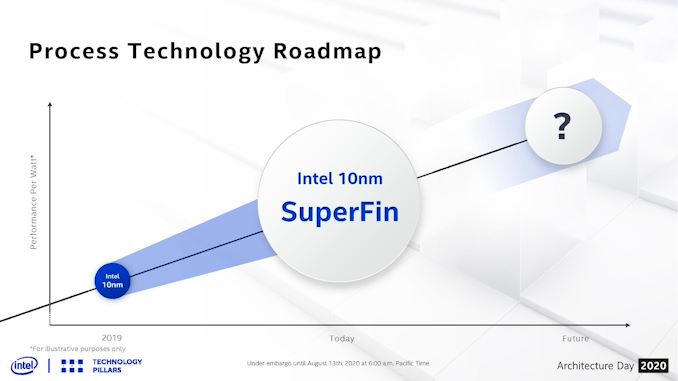Pretty sure the biggest problem with Intel is its "new and improved" culture of inclusivity. I'm not saying diversity is bad, but firing, letting go, forcing an exodus, or whatever other terms you want to use against all of your senior process engineers and chip designers, who were mostly older white men, was idiotic. It was an HR and Krzanich ideal, and the best people who could have fixed the process issues at 10nm and now 7nm were all gone! And guess where most of them went: Apple. Gee, why is Apple the first company to ship a TSMC-based 5nm chip? That could have / should have been Intel!
Bob Swan has done nothing to reverse this trend that I've seen, and so the problems continue. Krzanich made these moves when 10nm was presumed to be on track, despite the 14nm delays. Well, Intel most certainly wasn't on track and now it's falling even further behind. We still haven't seen a single high-end 10nm / SuperFIN part out of Intel, only mobile Ice Lake and Tiger Lake topping out at 4-core designs. There are supposed to be 8-core Tiger Lake-H variants coming, but will they be enough? Probably for high-end laptops, but apparently Intel isn't even thinking of doing them as desktop chips.
Which suggests even SuperFIN isn't doing all that great with larger chip yields. The whole Rocket Lake thing is just mind boggling. If SuperFIN is so great, why in hell are we getting another 14nm part? What is this, 14nm+++++? I know, Intel has stopped using plus signs, because it was becoming laughable. What's even crazier is that Rocket Lake may still compete on desktop for up to 8-core PCs based on current leaks. Not on power and efficiency, but on performance at least. I'd still much rather have a proper Tiger Lake 8-core desktop design.


